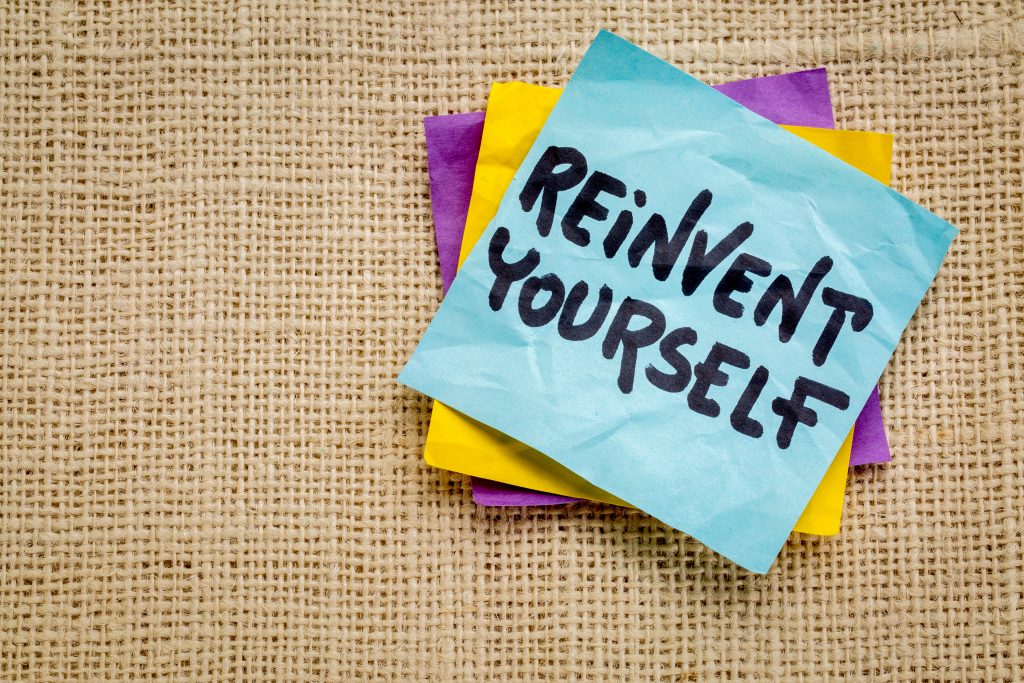
Does this old management adage, “If it ain’t broke, don’t fix it” ring a bell?
Instead of maintaining an open mind to learn better systems, models, practices, skills, and processes of success, many successful and smart people stop questioning their success principles.
They get stuck in the same habits, routines, and skills. They unwittingly stop considering alternatives and consistently rely on the same successful approach from yesterday.
A competency trap is that false belief that your past principles, ideas, mental models will continually lead to future successes and better judgment. It’s a tendency to rely on familiar tools skills or routines without measuring their effectiveness now and in the future.
The term was introduced in management literature, but it can be applied in different fields such as business and even in our personal lives.

Instead of maintaining an open mind to learn better systems, models, practices, skills and processes of success, many successful and smart people stop questioning their success principles.
It’s easy to unintentionally fall into the “Competency Trap” — the tendency to gravitate to those things that we do naturally without questioning our assumptions, skills, and approach to work.
“Competency traps lock us into a particular way of doing things simply because we are already skilled at doing it that way, writes Daniel Kim.
You can be so good at what you do that you can be blinded by your past successes. Doing something well can often get you stuck in a loop. Instead of growing and evolving, the competency trap can stand in the way of your incremental progress.
“When you are successful in a market for a long time, you often begin to believe that your internal view of success is the same as the market’s view. The internal success loop can thus blind you to shifts in the competitive environment that are obvious to less successful players,” argues Kim.
When you fall into the competency trap, your core competencies become core rigidities. You focus on strengthening and relying on the same skill over and over again and forget about other equally important skills, work habits, and mental models you need to develop to thrive in the future.

Overcommitment to your core competencies and skills can easily become your weakness.
The problem with the competency trap is that when change comes — and they always come, it takes us by surprise because we are not prepared for it.
The two consequences of the competency trap are reduced adaptability and missed opportunities — the two things you need to keep evolving as a person.
What Got You Here, Will Not Get You There.
To avoid the competency trap, disrupt yourself!
By continually learning new alternatives, rules, skills, and approaches to work, you can become your own best competitor.
To become even more successful over time, invest a fraction of your time, money, attention in new methods, tools, and models that can stand the test of time. Make room for improvement, upgrade or reinvention.
Start questioning your underlying assumptions about life, work, career, and what it means to be successful.
Truly successful people make time to measure their results and follow efficient routines that save time and money. Don’t get trapped in your success by continuing to learn how to do the same thing better.

To move forward, look backwards for insights
Take time to analyze your life and career goals and how productive your strategies and actions have been over the month/ quarter or year.
A monthly or annual review can help you reflect on what’s working, what you should improve, and new trends you can watch out for. Rethink your processes for getting work done and improving yourself.
When you look back, check for any patterns in your actions. Watch out for realities and perceptions that are standing in your way of incremental success.
In a constantly changing and ambiguous world, previous successes can stand in the way of new opportunities. To thrive in the future, revisit your past performances, adopt a flexible mindset, and disrupt yourself — compete with yourself. Your goal should be to make yourself redundant. Keep evolving!
This article originally appeared on Medium.
Author: Thomas Oppong
Leave a Reply